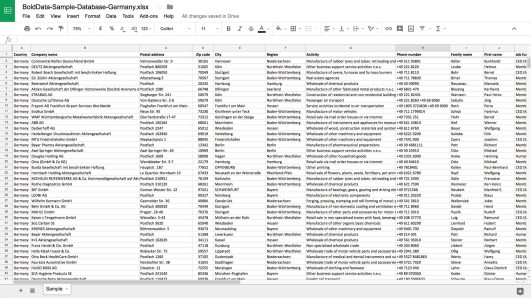Tyson Foods: A Leading Player in the Food Industry
Tyson Foods, headquartered in Springdale, Arkansas, is a prominent player in the global food industry. With a rich history dating back to 1935, the company has established itself as one of the largest processors and marketers of meat and poultry products worldwide. Tyson Foods operates a vast network of processing plants, distribution centers, and farms, enabling it to supply a diverse range of products to consumers, retailers, and foodservice providers.
Diverse Product Portfolio
Tyson Foods boasts a diverse product portfolio that includes chicken, beef, pork, and prepared foods. The company’s well-known brands, such as Tyson, Hillshire Farm, and Jimmy Dean, are staples in households and restaurants across the United States and beyond. Tyson Foods also caters to evolving consumer preferences by offering products like plant-based proteins, recognizing the growing demand for alternative protein sources.
Challenges and Opportunities
While Tyson Foods has enjoyed success and growth over the years, it faces challenges such as fluctuating commodity prices, concerns about animal welfare and sustainability, and market competition. However, the company also seizes opportunities to innovate, adapt, and expand its offerings to meet changing consumer needs. With a commitment to food safety, quality, and sustainability, Tyson Foods continues to play a significant role in shaping the future of the food industry.
Global Impact
Beyond its business operations, Tyson Foods has a global impact through its commitment to corporate social responsibility and community engagement. The company strives to address issues related to hunger relief, sustainability, and workforce development.
In summary, Tyson Foods stands as a heavyweight in the food industry, driven by a commitment to providing quality products, adapting to consumer preferences, and addressing the challenges and opportunities of a dynamic marketplace.

